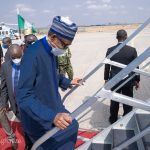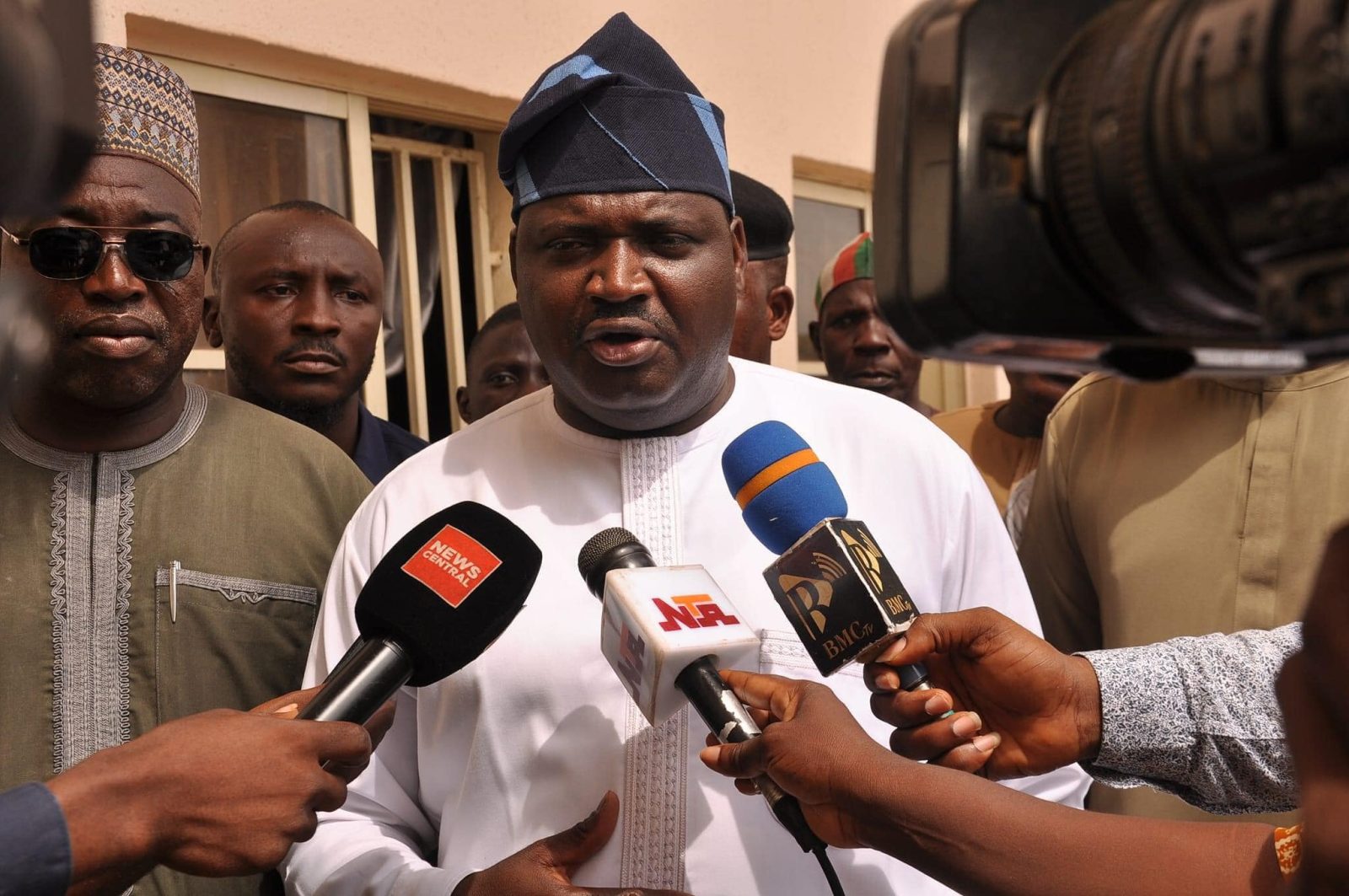“SERAP wants the court declaration that the exercise of the power of prerogative of mercy to grant pardon to Mr Dariye and Mr Nyame is compatible with the public interest, the oath of office, and constitutional duty to combat corruption”
In a bid to further buoy the rule of law and constitutional democracy, the Socio-Economic Rights and Accountability Project (SERAP) has challenged in court the legality of the pardon granted to former governors of Plateau and Taraba States currently serving jail terms for corruption and stealing of public funds running into billions of naira.
Among others SERAP is asking for: “A declaration that the exercise of the power of prerogative of mercy to grant pardon to Mr Dariye and Mr Nyame is compatible with the public interest, the oath of office, and constitutional duty to combat corruption.
“An order setting aside the pardon granted to Mr Dariye and Mr Nyame in the public interest, and for the sake of the integrity, well-being and prosperity of Nigeria, and the country’s international obligations.
“It is in the interest of justice to set aside the pardon for Mr Dariye and Mr Nyame. Presidential pardon for grand corruption cases is incompatible with the rule of law, as it undermines equality before the law.
“The pardon power ought not to be exercised to shield influential politicians and politically exposed persons from justice and accountability.”
It, therefore, demanded an order directing and mandating President Buhari and future presidents to consider the public interest, the requirements of oath of office, and constitutional duty to combat corruption in any future exercise of the pardon power.
SERAP insisted: “The presidential pardon power must be exercised in good faith, and in line with the provisions of Chapter 4 of the Nigerian Constitution on fundamental rights.
“Section 15(5) of the Nigerian Constitution of 1999 (as amended) provides that ‘The State shall abolish all corrupt practices and abuse of power.
“Article 26 of the UN Convention against Corruption to which Nigeria is a state party requires the government to ensure ‘effective, proportionate and dissuasive sanctions’ including criminal and non-criminal sanctions, in cases of grand corruption.
“Article 26 complements the more general requirement of article 30, paragraph 1, that sanctions must take into account the gravity of the corruption offences.
“The pardon for Mr Dariye and Mr Nyame is antithetical to the public interest, the requirements of the Nigerian Constitution, and the country’s international obligations including under the UN Convention against Corruption.
“The pardon also constitutes an interference in the exercise of judicial power. Because the pardon appears to be arbitrary, it undermines the authority and independence of the judiciary, and access to justice for victims of corruption.
“While there is no doubt that Section 175 of the Constitution vests wide discretionary power in the Nigerian president to grant pardon, it does not stipulate the conditions under which such power should be exercised.”
“However, when section 15(5) of the Constitution is read together with the oath, it would seem to impose some ethical conditions on the Nigerian president to ensure that the exercise of the discretionary power of prerogative of mercy is not such that it will encourage corruption or impunity of perpetrators.
“The latest Transparency International’s Corruption Perception Index shows that Nigeria scored 24 out of 100 points, ranking 154 out of 180 countries surveyed, and falling back five places from the rank of 149 in 2020.
























Leave a comment